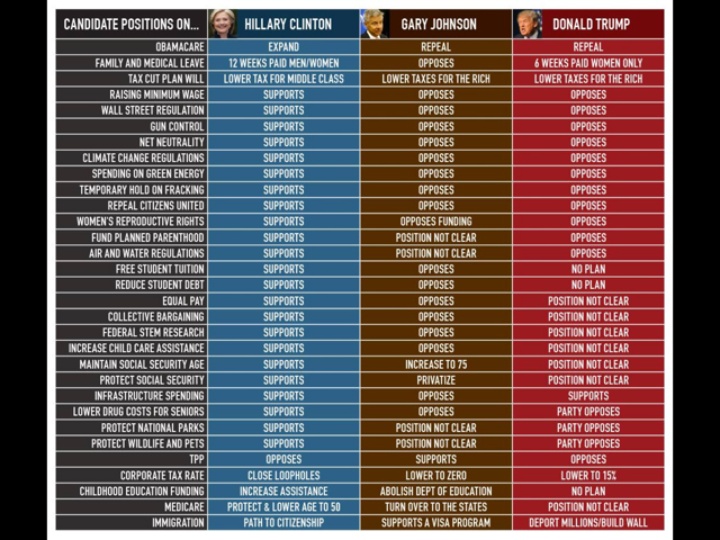I hate to lose more than I like to win.
— Jimmy Connors
###
The
fact that Donald Trump still has a huge following, despite, well,
everything, is a nice confirmation of “loss aversion theory”
which says, in a nutshell, losing is twice as painful as winning
is enjoyable. Jimmy Connors eloquently summed it up, above.

Game
theory formalizes the concept. When people are given the choice
between either (1) receiving $500 or (2) tossing a coin for $1,000
(i.e. 50/50 $0 or $1,000), most people reject the gamble and take the
sure thing. However, the opposite applies when they’re given the
choice between (1) losing $500 and (2) betting on the toss of a coin
to either lose nothing or $1,000: most will gamble. According to loss
aversion theory, this is why we hold onto losing stocks and stay in
bad relationships, hoping for the better days ahead; instead of
cutting our losses, we’re willing to take risks hoping to recover
what we’ve lost.
Donald Trump is a big risk; I think Democrats and Republicans can agree on that. But a lot of people—maybe 40% of those polled—are willing to take that risk, because he claims to offer folks the chance to recover what they perceive as their losses, actual or potential. A recent op-ed in The New Yorker summarized the appeal of Trump to these people by listing his many quotes about losing and losses. Losing your guns, for instance, telling the NRA convention, “Hillary wants to take away your guns.” The Mexican border wall is necessary, he says, because “we’re losing so much.” On prosperity: “We’re losing everything” and “We’re losing our country.” Free trade means, “We’re losing our jobs.”
Never mind whether any of these are true or not. He’s appealing to our instinctive fear of losing our safety and security (think of Maslov’s Pyramid). If you think you’re a loser (whether you are or not is immaterial), then Trump is all about promising to make up your losses by making our country great again. So, for instance, exit polls show that most (70%) Trump/Republican voters are “very worried” about the economy. Not so much Democratic voters (45%). Here’s the kicker: according to pollster Nate Silver, the median Trump voter isn’t actually a loser. He or she is richer and better educated than average. But they see themselves as losers…go figure.
We’ve just seen this “losers opt for risk” phenomenon play out in Britain, where most Brexit voters (those who want to see Britain leave the European Union) polled as saying they were “dissatisfied” with their lives. And vice versa—those who are basically satisfied want to remain in the EU. Oddly, many parallels can be seen between Brexit and the Trump phenomenon. Especially xenophobia, fear of foreigners. “It’s Time to Take Our Country Back” could have easily been said by Trump, although it actually came from Nigel Farage, Brexit’s main cheerleader (and currently one of Trump’s advisers).
So while HRC emphasizes the risk of a Trump presidency, that only encourages his many hard-core supporters. In their eyes, risk is good. Risk is what it’s all about, a break with “business as usual.” Again, risk is attractive to those who see themselves as losers.
Just in case that’s you, you might want to turn off your “loss aversion” emotions for a couple of minutes and let your brain noodle on this summary (click to expand):
The good news? 24 more days and it’ll all be over.
###
Barry Evans gave the best years of his life to civil engineering, and what thanks did he get? In his dotage, he travels, kayaks, meditates and writes for the Journal and the Humboldt Historian. He sucks at 8 Ball. Buy his Field Notes anthologies at any local bookstore. Please.

CLICK TO MANAGE